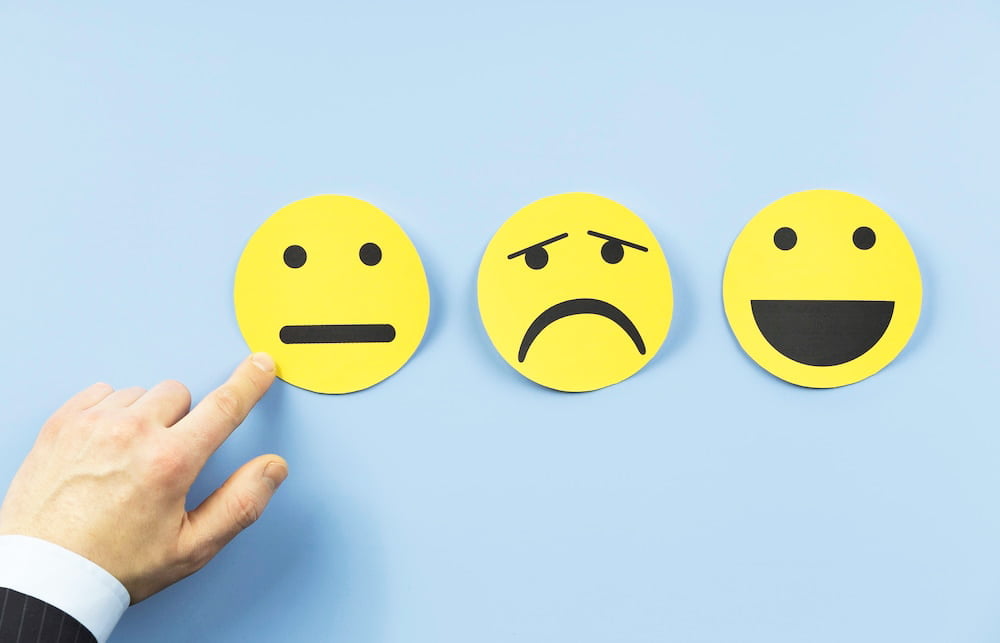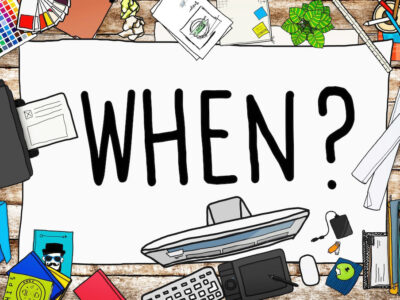Social media has transformed the way we connect, share, and communicate. It provides instant access to friends, family, and information. Yet, this quick connection comes with hidden repercussions.
The Allure of Instant Connection
The excitement of being just a click away from anyone is hard to resist. You can share your thoughts, photos, and experiences in real-time.
The Dark Side of Instant Gratification
While social media allows for rapid interactions, it has fostered an environment where meaningful conversations can be sidelined. Many users prioritize likes and shares over genuine connections.
Thesis Statement: Exploring the Benefits and Drawbacks
This article examines how social media serves as both a powerful tool and a potential hindrance in communication.
The Power of Social Media for Businesses
Enhanced Brand Awareness and Reach
Social media has become essential for businesses. It enables brands to quickly connect with a large audience.
Case Study: Successful Brand Building on Social Media
Companies like Nike have built strong communities through Instagram. Their campaigns encourage user-generated content, making customers feel like part of the brand story.
Data: Statistics on Social Media Marketing ROI
Research shows that 73% of marketers believe their efforts through social media have been “somewhat effective” or “very effective” for their businesses.
Improved Customer Engagement and Relationship Building
Social media allows for two-way communication, which is crucial in customer service.
Example: Effective Customer Service via Social Media
Brands like Zappos are known for their outstanding social media responses, resolving issues quickly and enhancing customer loyalty.
Strategies for Building Community
- Share valuable content.
- Engage in conversations.
- Respond promptly to comments and messages.

Social Media’s Impact on Personal Relationships
Fostering Connections Across Distances
Social media keeps us connected, even when miles apart.
Benefits of Staying Connected Through Social Media
Platforms like Facebook and Skype help relationships thrive across distances, allowing for sharing special moments effortlessly.
Real-World Example: Maintaining Long-Distance Relationships
Couples can use apps like FaceTime to keep their bond strong, even while separated.
The Erosion of In-Person Interaction
Despite these benefits, excessive use can hinder face-to-face interactions.
Challenges of Excessive Social Media Use
People may find themselves opting for online chats over real conversations, leaving relationships feeling shallow.
Data: Statistics on Social Media Addiction and its Effects
A study found that 37% of teens feel addicted to their devices, linked to anxiety and loneliness.

The Spread of Misinformation and Hate Speech
The Echo Chamber Effect
Algorithms can create bubbles where opposing viewpoints are excluded.
How Algorithms Perpetuate Bias
These tools can lead to users only seeing content that reinforces their existing beliefs.
Case Study: Spread of Misinformation on a Specific Platform
In recent years, platforms like Facebook faced criticism for allowing false information about elections and health to spread unchecked.
The Dangers of Online Harassment and Cyberbullying
Unfortunately, social media can also be a breeding ground for toxic behavior.
Expert Quote: Sociologist’s View on Online Toxicity
Sociologists emphasize that anonymity often emboldens users to engage in harmful behaviors without consequences.
Tips for Safe Social Media Usage
- Adjust privacy settings.
- Report abusive behavior.
- Take breaks when needed.

The Mental Health Implications of Social Media
Social Comparison and Self-Esteem
Scrolling through curated lives can impact how we view ourselves.
Data: Studies Linking Social Media to Mental Health Issues
Research indicates a correlation between social media use and increased feelings of depression and anxiety, particularly among young users.
Actionable Tips: Promoting Positive Social Media Habits
- Focus on accounts that uplift.
- Limit exposure to negative content.
- Curate your feed mindfully.
Addiction and Time Management
Finding balance is critical for healthy usage.
Strategies for Limiting Social Media Usage
- Set daily time limits.
- Schedule device-free times.
- Use apps to monitor and control usage.
Expert Opinion: Psychologist’s Advice on Digital Wellbeing
Psychologists suggest engaging in offline hobbies to replace excessive screen time, promoting a fuller life.
Navigating the Social Media Landscape Responsibly
Critical Thinking and Media Literacy
Being able to analyze information is essential in today’s digital world.
Techniques for Evaluating Online Information
- Verify sources before sharing.
- Look for multiple viewpoints.
- Cross-check facts.
Strategies for Identifying Misinformation
- Check for reputable fact-checking websites.
- Educate yourself on common signs of false information.
Promoting Healthy Online Habits
Creating a positive online environment is crucial.
Tips for Setting Boundaries
- Turn off notifications to reduce distractions.
- Decide on specific times for social media use.
Actions for Building a Positive Online Presence
- Share uplifting content.
- Engage in constructive discussions.
Conclusion: Harnessing the Power, Mitigating the Risks
Social media offers remarkable advantages for communication and connection. However, its downsides can’t be ignored.
Key Takeaways: Balancing the Benefits and Drawbacks
In navigating the world of social media, it’s vital to enjoy its perks while being aware of the risks.
Call to Action: Promoting Responsible Social Media Use
Start today by taking small steps to use social media positively and mindfully.
Also Read: The Impact of Social Media on Mental Health and Body Image
Discover more from NoseyPepper
Subscribe to get the latest posts sent to your email.










Recent Comments